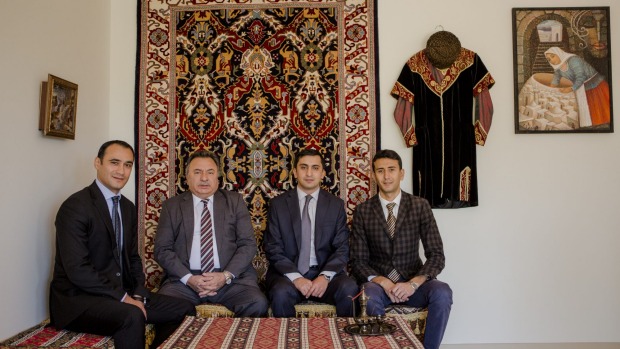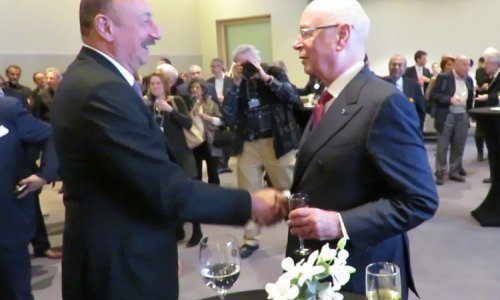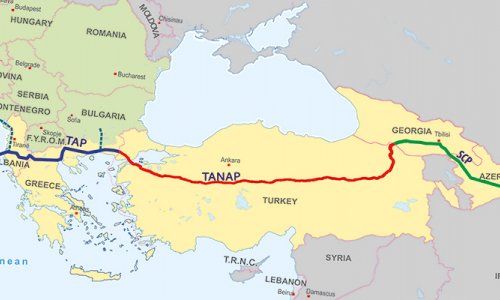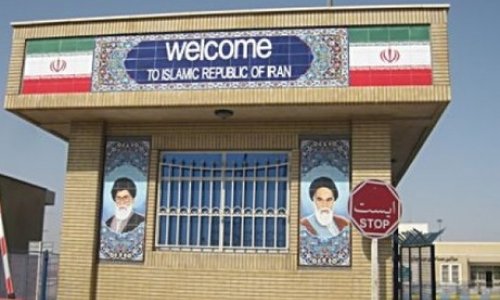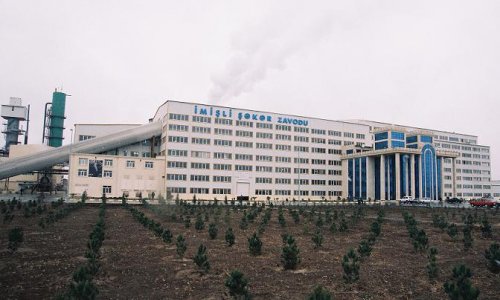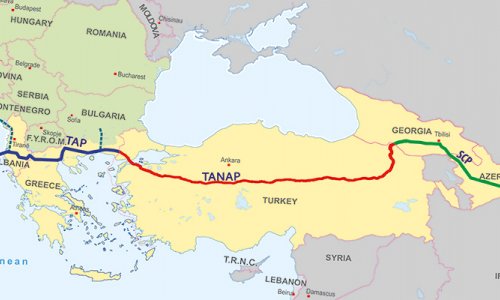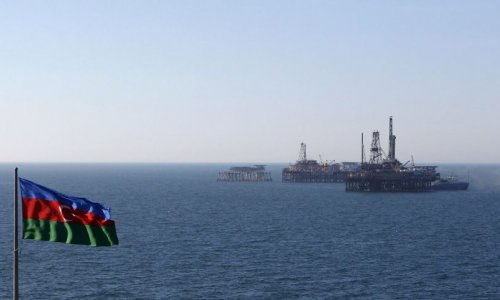Were it not for the flag flying above the Azerbaijani embassy, the building would look like any typical two-storey house in the suburbs.
But the fabric depicting a crescent and star surrounded by blue, red and green and its presence in Canberra shows the young Eurasian country's interest in expanding its diplomatic presence beyond its immediate, strife-torn surroundings.
Azerbaijan is one of several post-communist states to set up shop in the Australian capital in the past five years, hoping to strengthen bilateral ties in the diplomatic, economic and political spheres.
Perhaps unheard of to many Australians until it hosted the 2012 Eurovision Song Contest and 2015 European Games, the secular Muslim-majority country, located at the crossroads of Europe between Russia, Georgia, Armenia, Iran and the Caspian Sea, has a trade relationship with Australia worth an estimated $289 million.
Butter sent to Azerbaijan and crude oil imported into Australia make up the majority of the countries' trade relationship, though financial investment, engineering and education are becoming increasingly important.
The country opened its embassy in O'Malley in June 2013 and ambassador Rovshan Jamshidov said while the country's main objectives were concerned with European integration, it was also interested in contributing to "promote trans-regional partnerships, and contribute to the strengthening of global security".
The South Caucuses nation, born out of the Soviet Union's collapse and embroiled since in continuous tension with neighbouring Armenia over the Nagorno-Karabakh region, is interested in gaining Australia's support in the ongoing peace process.
Nagorno-Karabakh's attempt to break away led to a war between Azerbaijan and Armenia. A ceasefire was declared in 1994, but border tensions remain high and internal displacement of ethnic Azeris is an unresolved issue.
So heavily does the tension weigh on the country's diplomatic website that its Canberra embassy's website has an entire section titled Aggression of Armenia.
Embassy staff said their government was not interested in Australia taking an active role in bringing an end to the feud, preferring to leave that to the Minsk Group chaired by Russia, France and the United States.
However, they were buoyed by Foreign Minister Julie Bishop's recognition of Nagorno-Karabakh as Azerbaijani territory in the House of Representatives as recently as November 30 last year.
Politicians in both countries meet through an interparliamentary group, though Australian representatives have stressed the need for improved human rights observance to their counterparts.
House Standing Committee on Economics chairman John Alexander told that group in September that "any growth in our relationship should be based on a commitment by Azerbaijan to improve their respect for human rights and political freedoms".
An Australian embassy has yet to open in Baku, with diplomatic representatives currently based out of Turkey.
(The Canberra Times)
www.ann.az
Follow us !

